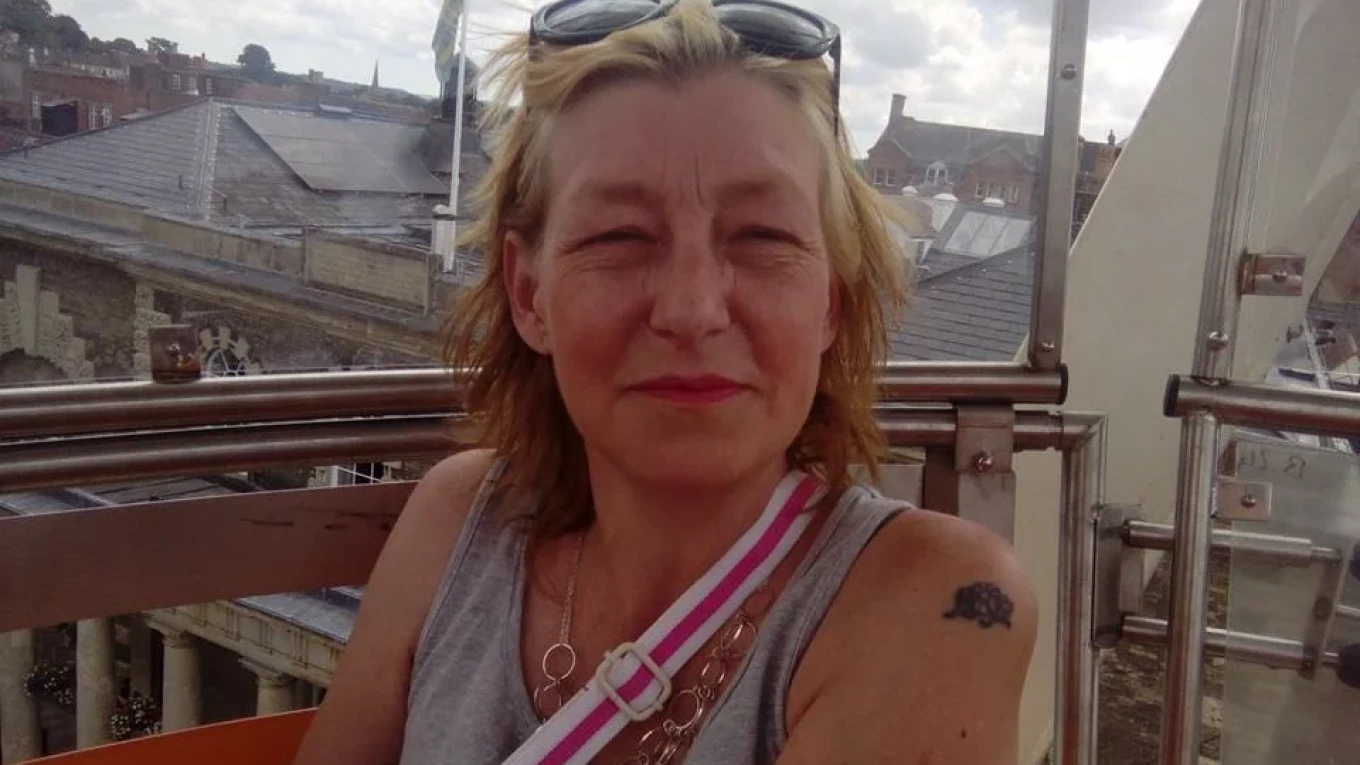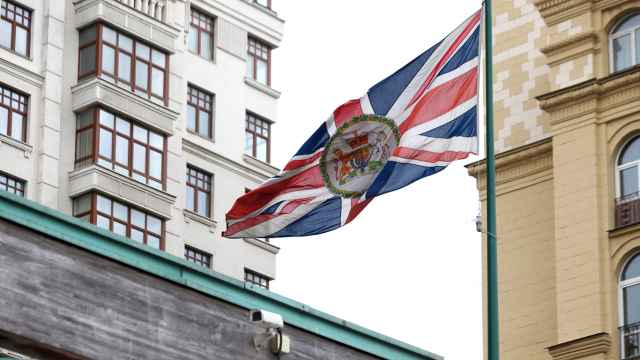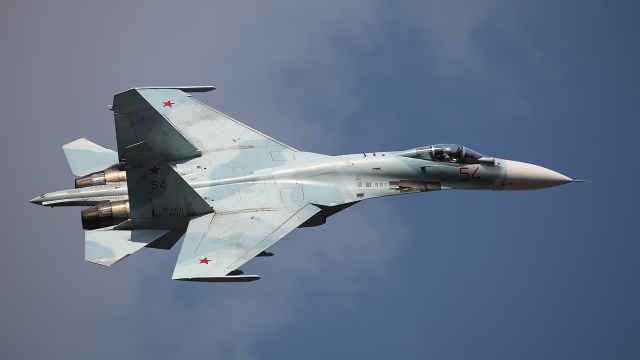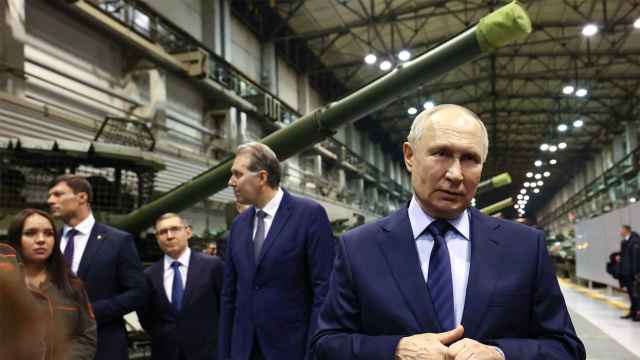A British woman who died after being exposed to the Soviet-era nerve agent Novichok was unwittingly caught up in an "illegal and outrageous international assassination attempt," a public inquiry was told on Monday.
Dawn Sturgess, a 44-year-old mother of three children, died in July 2018 after spraying herself with what she thought was perfume from a discarded bottle containing the deadly chemical weapon.
Her death followed a failed poison attack against former Russian double agent Sergei Skripal in Salisbury, southwest England, which the U.K. government said was "highly likely" to have been authorized by the Kremlin.
Skripal and his daughter Yulia were found unconscious on a bench in Salisbury in March 2018. They survived after intensive hospital treatment and now live under protection.
At the start of public hearings into Sturgess's death in Salisbury, inquiry lawyer Andrew O'Connor said the perfume bottle contained enough Novichok to poison "thousands" of people.
"It's no exaggeration to say the circumstances of Dawn Sturgess's death were extraordinary," he told the hearing.
"When Ms Sturgess was poisoned by Novichok four months after the Skripal poisoning, the real possibility emerged that she had been caught — an innocent victim — in the crossfire of an illegal and outrageous international assassination attempt," he added.
U.K. authorities believe that agents targeting the Skripals threw the perfume bottle away, making the two cases "inextricably interwoven."
The attempt to kill Skripal, on whom Russian President Vladimir Putin had sworn vengeance, plunged London-Moscow relations to a new low.
Britain blames the Novichok attack on two Russian security service officers who allegedly entered the country using false passports. A third has been named as the operation's mastermind.
All three are thought to be members of the GRU Russian intelligence agency. Russia, whose constitution does not allow extraditions, has denied involvement and dismissed the inquiry as a "circus."
Six years on, relations between the countries — already hit by claims that Russia was behind the 2006 radiation poisoning of former agent Alexander Litvinenko — remain in deep freeze.
In a witness statement submitted to the inquiry, Skripal said he believed Putin had ordered the attack on him.
"That he ordered the attack is my private opinion, based on my years of experience and my analysis of the continuous degradation of Russia," Skripal said but he added: "I do not have concrete evidence to support this."
Diplomatic ties
The Sturgess inquiry will include closed sessions to investigate "private material" and intelligence related to the case. The Skripals will not give live evidence due to safety concerns.
Sturgess's family, who are to give evidence on Tuesday, are "particularly concerned" about whether the UK government had taken appropriate steps to protect the Skripals and the wider public from collateral damage, according to O'Connor.
International arrest warrants have been issued for the suspects, but Theresa May, who was prime minister at the time of the attack, warned justice was unlikely.
She told the BBC last week that she hoped the inquiry would help "the family and friends of Dawn Sturgess feel it has got to the truth."
But "closure to all the people affected would only finally come with justice, and that justice is highly unlikely to happen," May added.
Sturgess's boyfriend Charlie Rowley, who gave her the perfume bottle, and a police officer who was part of the Skripal investigation team, were also poisoned by the nerve agent but recovered.
The incident led to the largest-ever expulsion of diplomats between Western powers and Russia, and a limited round of sanctions by the West.
Those sanctions have now been outstripped by the West's response to Russia's 2022 invasion of Ukraine.
A Message from The Moscow Times:
Dear readers,
We are facing unprecedented challenges. Russia's Prosecutor General's Office has designated The Moscow Times as an "undesirable" organization, criminalizing our work and putting our staff at risk of prosecution. This follows our earlier unjust labeling as a "foreign agent."
These actions are direct attempts to silence independent journalism in Russia. The authorities claim our work "discredits the decisions of the Russian leadership." We see things differently: we strive to provide accurate, unbiased reporting on Russia.
We, the journalists of The Moscow Times, refuse to be silenced. But to continue our work, we need your help.
Your support, no matter how small, makes a world of difference. If you can, please support us monthly starting from just $2. It's quick to set up, and every contribution makes a significant impact.
By supporting The Moscow Times, you're defending open, independent journalism in the face of repression. Thank you for standing with us.
Remind me later.






